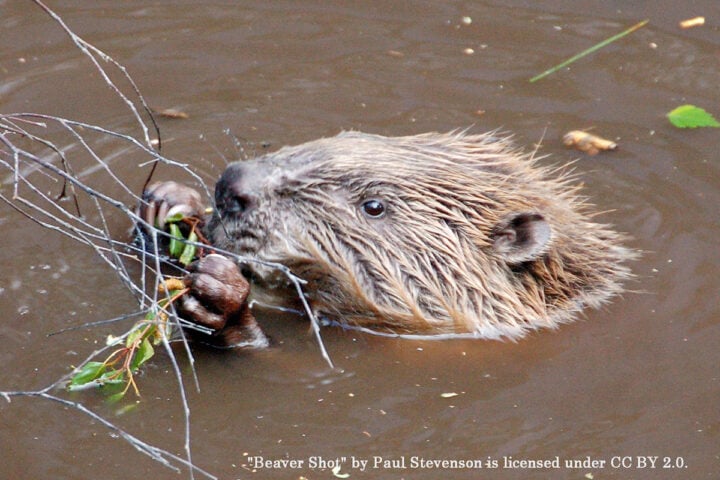Climate problems may seem overwhelming, but people all around this great nation are taking action. This week’s column looks at: NEW HAMPSHIRE and the question is: How is climate change impacting your vision of the future?
Poking around current trends in environmental action in the Granite State, I found lots of evidence of resiliency, such as White Mountain ski areas promoting year-round outdoor recreation opportunities instead of pinning their economic survival on dwindling winter snowfall. With its long history of independence and self-reliance, I thought it fitting to examine one avenue of human response to climate change that has undergone a big transformation in this new age of climate concern: the Prepper Movement. It’s alive and well in the Live Free or Die state.
Subsistence living and being prepared for any eventuality is an approach with a long history in the United States. For First Peoples, it was a way of life practiced for thousands of years. For colonizers, expanding westward honing the skills to survive in a rough and unfamiliar land was an accepted part of the journey. Burgeoning resource exploitation and industrialization brought us the “Take-Make-Toss” stance toward dominance over the natural world, and has crippled the source of all we need to survive. Some researchers trace the origins of modern survival movements to the aftermath of World War II, when widespread destruction of community infrastructure, and the threat of nuclear war prompted some to prepare for worst-case, apocalyptic scenarios. In the 1960s and 70s, back-to-the-land movements and anti-government counter-cultural stances caused some to disengage/isolate from the mainstream, on both the far left and far right.
Turning back to contemporary preppers in the Granite State, my hook into this topic was a piece of local literature called “The Siege of New Hampshire” by Mic Roland, about the adventures of ordinary people in an apocalyptic, grid-failed US. The protagonist Martin is in Boston when the power goes out and encounters many challenges getting back to his New Hampshire home. You can read short recaps of all five books at mic-roland.com, recommended if you are looking for fodder against cabin fever in the coming winter, or are planning a long car trip.
The books are read by the author who is not a voice professional but delivers with a certain charm and simplicity in voicing the cast of characters in the storyline. Book 1 (~10 hrs), Roland’s ‘learn-as-I-go’ literary and reading effort, moves awfully slowly but gives insight into which aspects of daily life we may take for granted which become super challenging in a heightened widespread emergency, like transportation, grocery shopping, banking, and communications. Book 2 (~12 hrs) delves into the way ordinary people in small communities must learn to literally look out for each other in a hostile, more interdependent world.
If you want to just dip your toe in, I suggest starting with the author’s recap of Book 1. It also has interesting insight into the mechanics and the challenges of podcast production.
Podcast: The Siege of New Hampshire series
Book 2: Epilogue & 2 questions [~14 mins]
Let me know if you have a podcast to recommend, or have a comment about my column, or have trouble finding a particular podcast I’ve mentioned. Happy listening!
[email protected]
Note: This column, part of a series looking at examples of positive climate action, state-by-state, first appeared in the Forest County News Journal 12-14-2022. If you are interested in this state’s topic, check online for updated news, as a lot may have changed in a year and a quarter.































